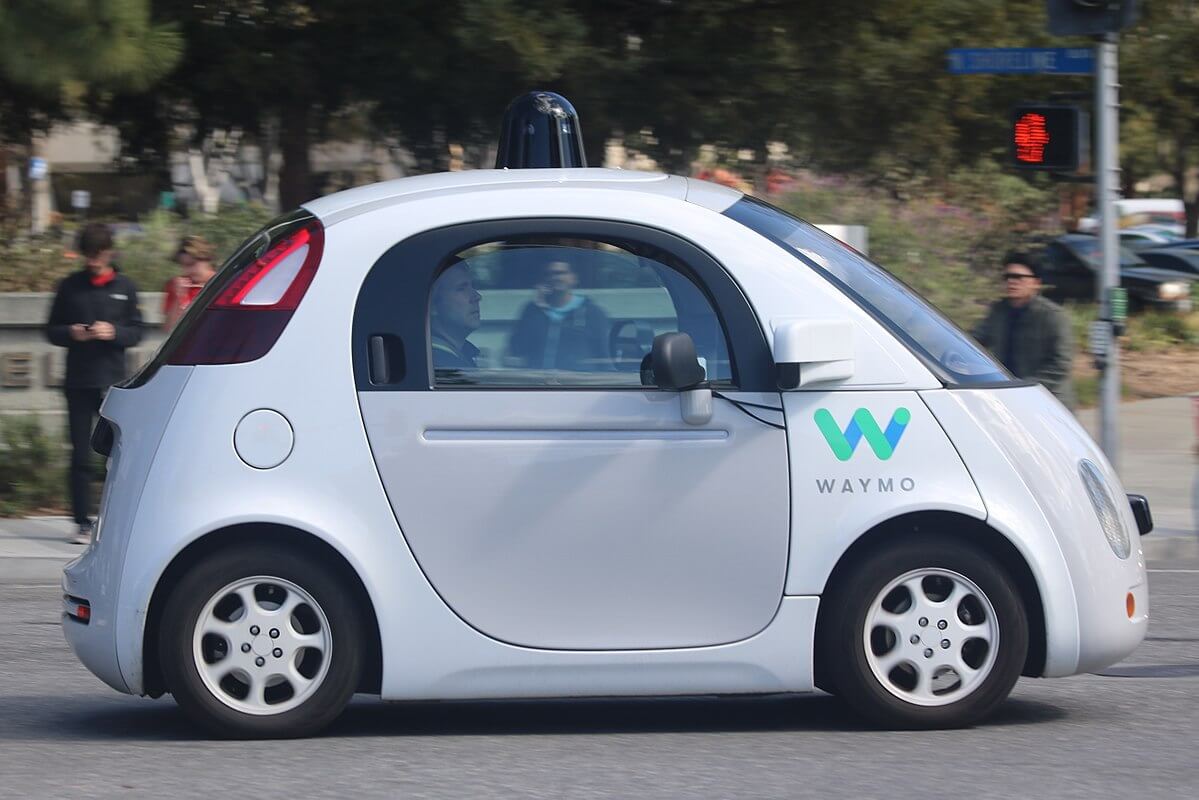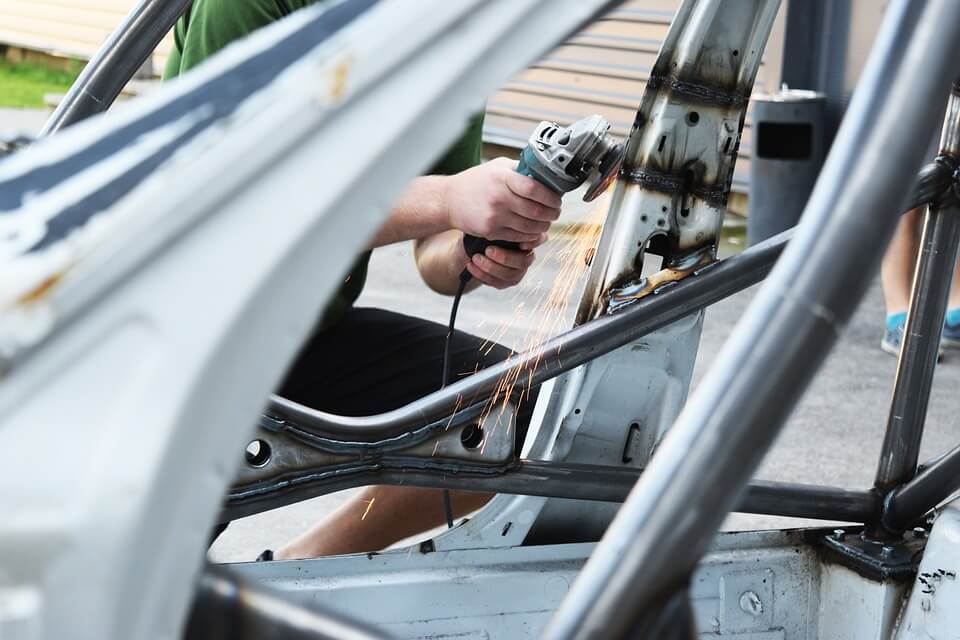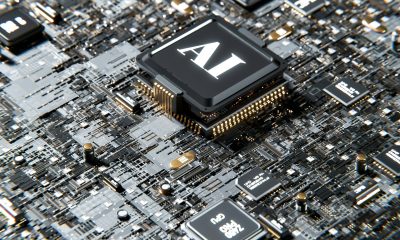Business
AI to impact auto industry beyond driverless cars
The impact of Artificial Intelligence in the automotive industry goes beyond having driverless cars on roads.

Artificial intelligence (AI) is set to take over, and it will be the catalyst in revolutionizing different industries. One sector that could benefit from it is the automotive industry. However, the changes go beyond producing driverless cars. Here are some ways how AI can impact the auto industry.
According to The Motley Fool, companies such as Alphabet and NVIDIA are making strides when it comes to AI in driving. NVIDIA has brought Drive PX Pegasus, its AI supercomputer meant to introduce semiautonomous driving to cars, while Alphabet’s Waymo has improved road maneuvering after undergoing countless simulations. Alphabet announced it will unveil its driverless ride-hailing service during the latter part of 2018.
Aside from autonomous driving, AI can also vastly improve car production. Maintenance expenses will effectively go down because sensors and algorithms can monitor equipment and parts. AI can also do a better job of detecting defects compared to manual inspection, which can reduce inspection costs and the cost of maintenance, as a result, even further.
On the other hand, businesses will also feel the effects of the changes brought by AI. McKinsey & Company wrote that original equipment manufacturers (OEMs) are expected to be heavily affected, but those dealing with technology can gain an advantage in this setup, which is one of the reasons why critics fear the takeover of AI in the near future. Jobs handled by humans before will become obsolete or redundant because robots can make them faster, cheaper, more accurate and more convenient.
In a connected society, drivers could locate gas stations, nearby restaurants or grocery stores via a cloud-based AI platform. When it comes to repairs, a car can automatically update or send information to dealers about the problem without requiring a shop visit. The safety of the driver and passengers is also prioritized with the help of sensors, which can detect if a person is having medical emergencies.

The automotive industry is expected to undergo major changes once AI takes over. (Source)
According to Forbes, the insurance companies will also like gain from cars with AI technology. Risks and damages can be assessed, and driver behavior and tendencies can be monitored to avert accidents on the road.
Anupam Malhotra from Audi America said that the society will change and adapt to the emerging trends, Automotive News reported. “The whole idea of transportation as something that you ‘own,’ or hold onto, and only use when you need it — as opposed to something that you have access to when you need it — that is going to have to change,” he added.
Learning from mistakes
Tech and auto companies will encounter pitfalls along the way and must learn from them in order to move forward and improve.
Recently, a driverless Uber car hit a woman in Arizona, killing her. As what The Guardian reported, the car was supposed to detect the victim or pedestrians, but it failed during that tragic moment. Investigations are ongoing to find out what went wrong.
In cases such as this, the aforementioned companies must first show they can guarantee the safety of pedestrians and drivers before releasing driverless cars. Until they are successful, expect autonomous vehicles to be launched at a later date.
AI taking over is almost inevitable at the moment. This is the next step in technological advancement and in the race to improve human lives. Truth be told, the possibilities are indeed limitless, and they should mean more good than harm.
(Featured image by Grendelkhan via Wikimedia Commons. CC BY-SA 4.0)

-

 Impact Investing1 week ago
Impact Investing1 week agoVernazza Autogru Secures €5M Green Loan to Drive Sustainable Innovation in Heavy Transport
-

 Markets4 days ago
Markets4 days agoRice Market Slips Amid USDA Revisions and Quality Concerns
-

 Business2 weeks ago
Business2 weeks agoLegal Process for Dividing Real Estate Inheritance
-

 Fintech12 hours ago
Fintech12 hours agoJPMorgan’s Data Fees Shake Fintech: PayPal Takes a Hit























You must be logged in to post a comment Login